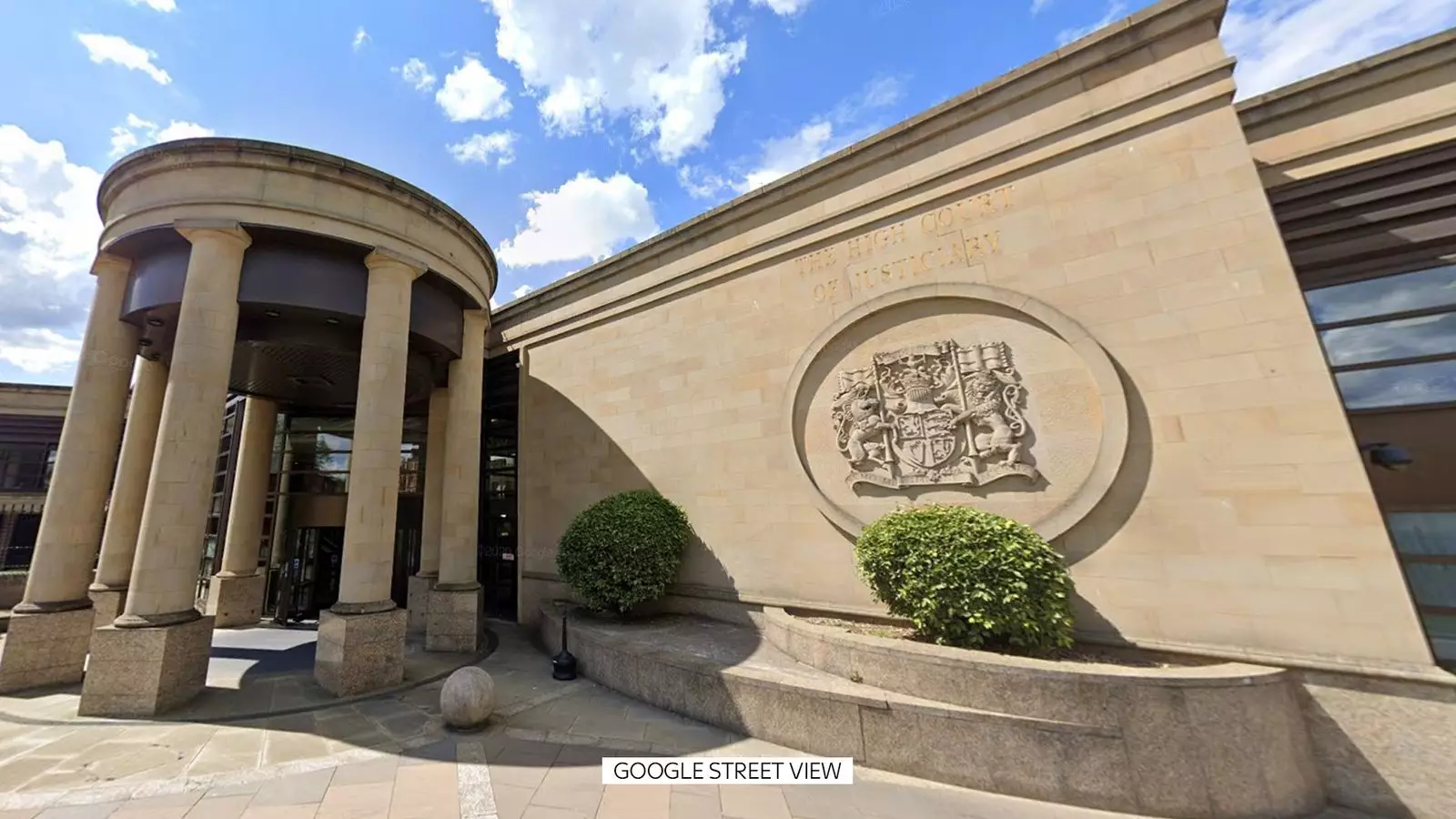In a scandal that shatters the foundational trust placed in healthcare professionals, the case of Stephen Doohan exemplifies the devastating consequences when those sworn to protect abuse their positions. As a paramedic, Doohan was entrusted with saving lives, yet he deliberately twisted his role into an instrument of harm. This blatant violation of ethical standards exposes a disturbing erosion of integrity that should be at the core of medical and emergency services. When professionals betray the very principles of care, the ripple effects are not confined to individual victims but threaten to undermine public confidence in vital institutions. Such misconduct calls into question the mechanisms in place to enforce accountability and the ethics training that should serve as a moral compass for those wielding significant influence over human lives.
Manipulation and Cruelty Under the Mask of Compassion
What makes Doohan’s actions particularly heinous is the calculated nature of his abuse. Seizing the confidentiality inherent in his role, he covertly administered abortion pills during consensual sex, deliberately causing an unwanted pregnancy to end in tragedy. This was not an impulsive act born out of rage or passion but a meticulously planned assault on trust. The emotional trauma inflicted upon the victim underscores the devastating impact of such betrayal. Instead of offering support or compassion, Doohan manipulated his proximity to the victim, using his medical resources and internet access to plan a harmful act. His conduct exemplifies the worst form of exploitation—weaponizing healthcare for personal malice—and underscores the importance of strict oversight and ethical vigilance within emergency and health services.
Legal Consequences and Inadequate Safeguards
The judicial response—over a decade in prison—serves as a stark reminder of the severity with which society views violations of trust and assault, especially in contexts involving vulnerable women. However, this case also highlights systemic vulnerabilities: the fact that a frontline healthcare worker could secretly take such actions suggests gaps in safeguarding mechanisms. How did Doohan’s actions go unnoticed for so long? The reliance on trust, without robust monitoring or fail-safes, allowed him to misuse his position undetected until the victim courageously reported her suspicions. This incident portrays a fragile veneer of safety in our healthcare system, necessitating reforms that integrate more rigorous checks, anonymized reporting channels, and continuous professional oversight to prevent future abuses of this nature.
A Cultural Reflection: The Need for Ethical Vigilance
Beyond the specifics of this case, there is a broader societal implication: the importance of fostering a culture of ethical vigilance among healthcare professionals. While most are committed to their duty, a minority can cause extraordinary damage when ethical boundaries are crossed. The incident underscores the urgent need for ongoing education emphasizing moral responsibility, emphasizing respect for patient autonomy and trust. It also raises questions about how institutions can better identify and address potential misconduct early, before harm occurs. Cultivating an environment where whistleblowing is encouraged and protected is essential. Society must reinforce that those entrusted with health and emergency services are guardians of safety, not agents of harm.
The Power of Women’s Voices and the Fight for Justice
Perhaps most compelling is the victim’s courage in stepping forward despite the immense emotional toll. Her decision to report Doohan’s misconduct reflects the vital importance of empowering women and vulnerable individuals to speak out against abuse. While the justice system’s response demonstrates that accountability is possible, the journey to truth is often arduous, complicated by fear, shame, or systemic barriers. Society must prioritize creating safer avenues for victims to seek justice, ensuring their voices are heard and respected. This case should serve as a wake-up call for institutions to bolster protective measures, foster transparency, and uphold the dignity of every person who depends on public services for safety and health.
The profound breach of trust inflicted by Stephen Doohan is a stark reminder that those powering our healthcare and emergency services wield significant moral authority. When that authority is misused for personal vindictiveness, it devastates lives and erodes the societal fabric. Vigilance, accountability, and unwavering ethical standards are not optional—they are essential pillars that safeguard the integrity of our health systems. Society must learn from such failures and commit to forging a future where trust is preserved and protected at all costs.


Leave a Reply